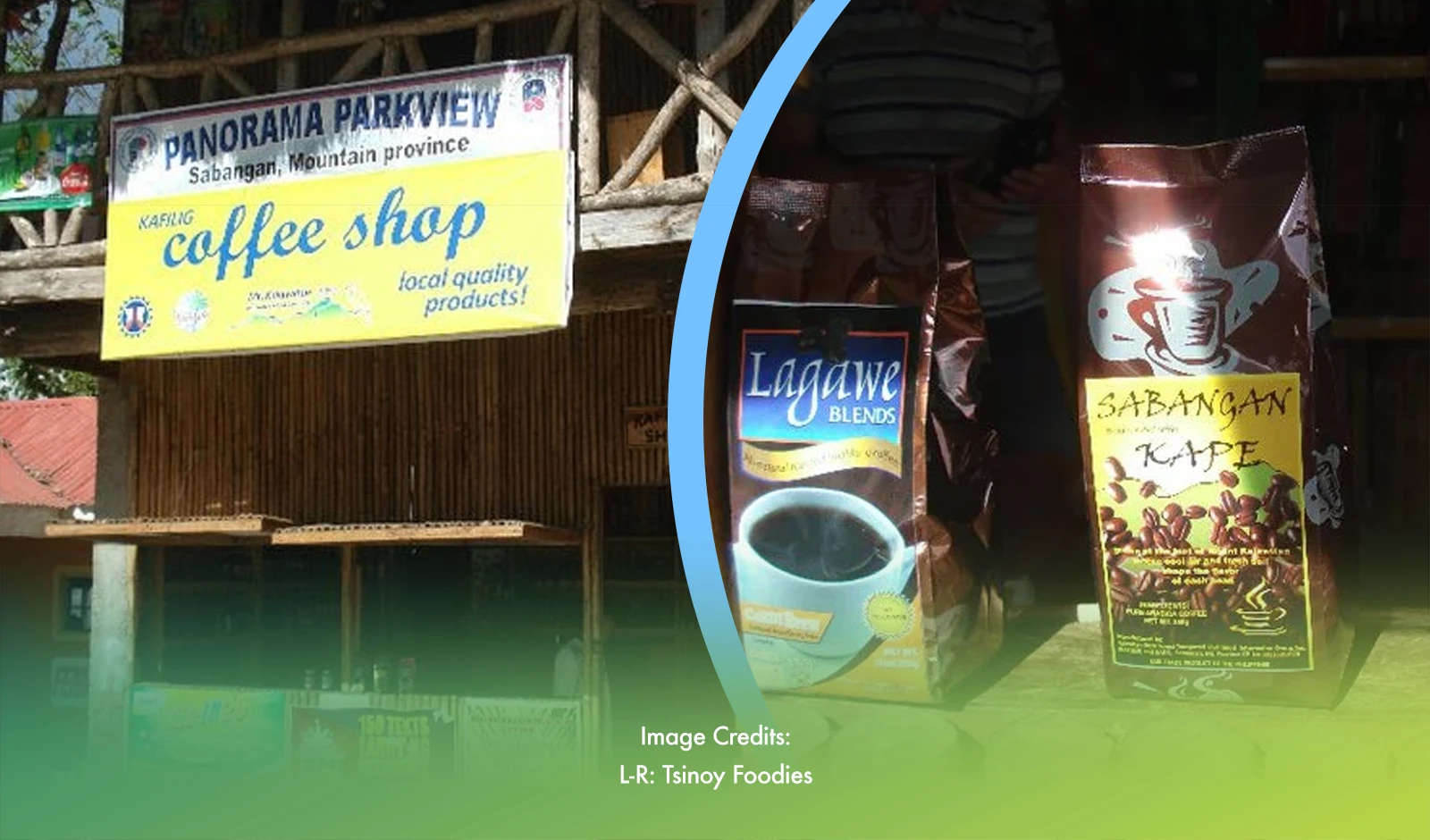In the heart of the Cordillera mountains, where mist clings to the slopes and the air is thick with the scent of earth and rain, world-class coffee grows in quiet abundance. Here, coffee isn't just a flavorful drink. It also serves as the economic backbone for many communities; with generations upon generations passing down knowledge and tradition, it's no wonder the coffee cultivated here is as breathtaking as the views from the mountain.
This dedicated production of coffee beans put Cordillera on the map, and with good reason.
A Mountain Built On Coffee
Coffee has been part of the region’s history since Spanish missionaries introduced Arabica to the highlands in the late 19th century.
Cultivation in Sagada began during this period, and some trees in Fidelisan continue to produce beans after more than a century. In Benguet, Arabica remains a key crop, valued for its distinct flavor and recognition in the 'Ark of Taste' international catalog. Kalinga, on the other hand, has a reputation for its rich, earthy Robusta. While Ifugao produces beans with floral, citrus, and caramel notes, rounding out Cordillera’s diverse coffee varieties.
RELATED: Sagada Unleashed: Dive into Adventure, Culture, and Tasty Delights
Today, families pass down farming techniques through generations, with many still using traditional methods. They handpick ripe cherries, sun-dry the beans on woven mats, and roast them over open fires. This slow, labor-intensive process brings out a flavor in Cordillera coffee that's smooth and full-bodied, with layers of sweet, fruity notes and a lingering, velvety chocolate finish that dances on the palate.
And although their coffee tastes like heaven, that's not because they're just high up in the mountains.
Behind the Beans
Farmers, often working small plots of land, wake before sunrise to tend to their trees. The work is relentless, from pruning branches to keeping pests at bay and ensuring only the ripest cherries are harvested. But the ones who break their backs for it don't always get a fair share.
Despite their dedication, many farmers struggle to make a living. Middlemen buy their beans at low prices, leaving them with little profit. “We grow some of the best coffee, but we still don’t earn enough,” says a farmer from Sagada. “Most of us still rely on other crops or side jobs to get by.”
This harsh reality has prompted a response from government agencies and NGOs eager to provide support. The Philippine Coffee Board works with local agencies to improve production and provide technical training. In partnership with Benguet State University, the DTI-CAR has set up an Arabica post-harvest lab to enhance processing. Additionally, some cooperatives have shifted to direct-to-consumer sales, cutting out exploitative middlemen and ensuring better compensation for farmers.
World-Class Coffee, Unfair Prices
Despite its high quality, Cordillera coffee sells for a fraction of the price of international beans. The dominance of imported coffee in local cafes means many Filipinos have never even tasted homegrown beans. The irony isn’t lost on the farmers. Many believe local coffee deserves more recognition and support to reach a wider audience.
RELATED: #KapeTayo: Amadeo Coffee, A Legacy Brewed in Time
Support Local, Not Just for Clout
There’s hope on the horizon. More local cafes are starting to promote homegrown beans. Specialty coffee shops in Manila and abroad are taking notice, slowly bringing Cordillera coffee to a wider audience.
The challenge now is sustainability, ensuring fair compensation for farmers, and inspiring the next generation to continue coffee farming. Supporting local coffee goes beyond enjoying a good cup—it preserves heritage, sustains livelihoods, and upholds a product that is proudly Filipino.
So the next time you sip a cup of coffee, think about where it came from. Because behind every cup is a farmer, a story, and a future worth investing in.








